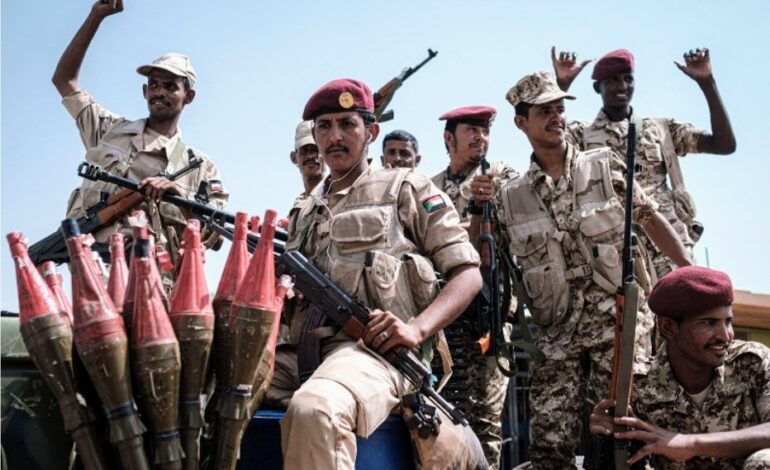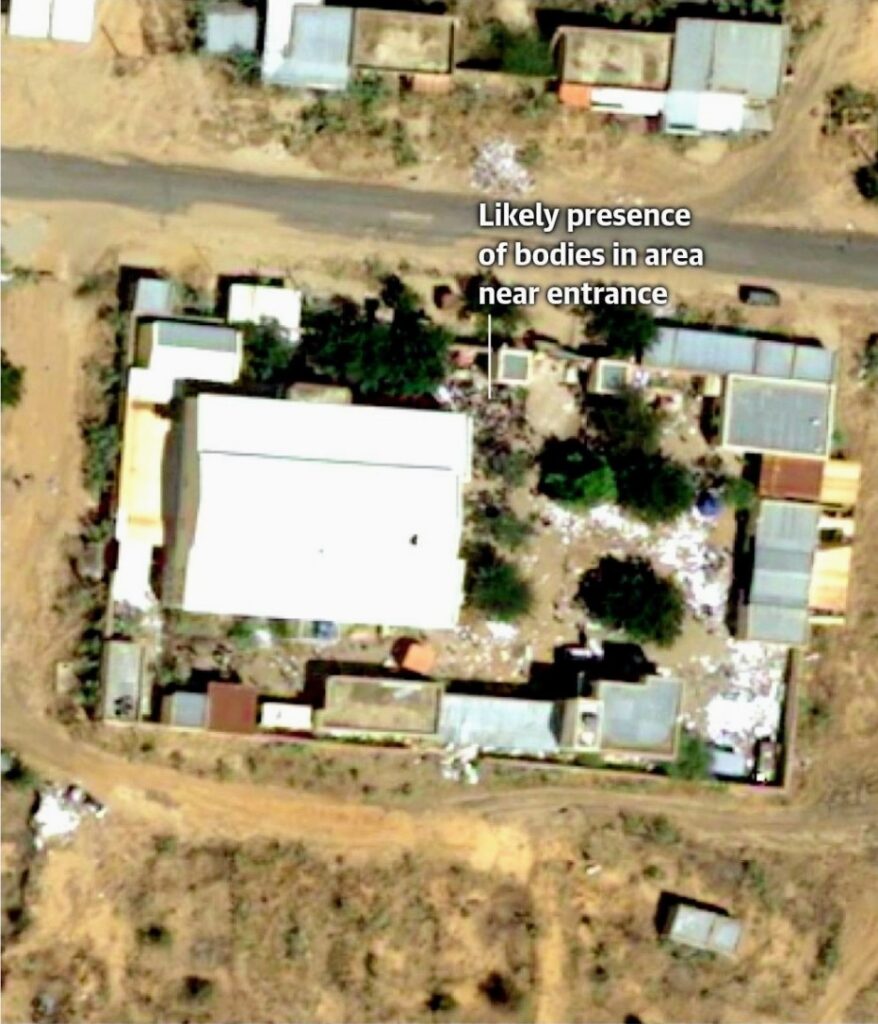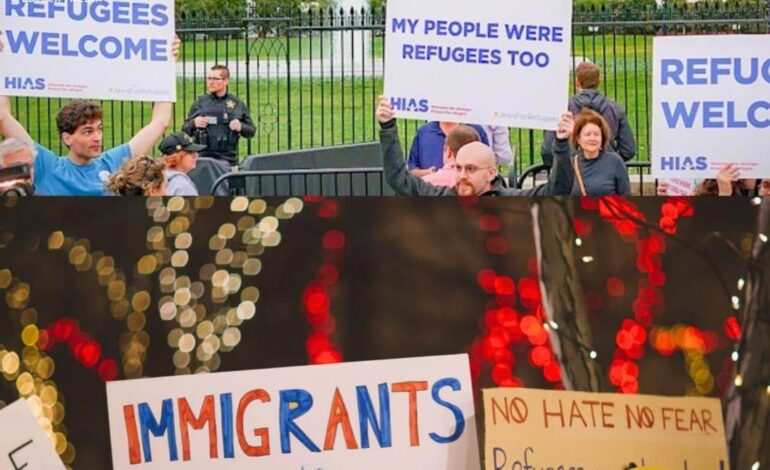
Wayne Lumbasi
The recent capture of El Fasher, the capital of North Darfur, by the Rapid Support Forces (RSF) has triggered one of the deadliest massacres since the start of Sudan’s civil war. Over 1,500 civilians were reportedly killed in just three days as RSF fighters stormed the city, which had been under siege for months.
Eyewitnesses, medical groups, and human rights monitors have described the killings as “a true genocide” citing the deliberate targeting of civilians, hospitals, and aid centers. El Fasher, home to hundreds of thousands of displaced families, was the Sudanese army’s last stronghold in Darfur.
After weeks of intense shelling and starvation tactics, RSF forces broke through the city’s defenses. Reports indicate that civilians were shot as they tried to flee, while patients and medical staff at the Saudi Maternity Hospital were among those massacred, with more than 460 killed inside the facility. Satellite images analyzed by Yale’s Humanitarian Research Lab revealed mass graves and widespread destruction across residential neighborhoods.

The violence in El Fasher mirrors atrocities committed by the Janjaweed militias, from which the RSF originated, during the Darfur genocide in the early 2000s. Observers fear the same ethnic-based targeting of non Arab communities is reemerging.
https://twitter.com/AbdiwahabSheik7/status/1983009833839382932?t=EBD3CNxMcLV9vsSXRXpTlQ&s=19
The United Nations has warned that the killings appear systematic and ethnically motivated, raising alarms of genocide. Meanwhile, the humanitarian situation in the region has collapsed as food, water, and medical aid have been cut off, and thousands have fled into unsafe rural areas.
Despite widespread condemnation from the United Nations, Arab League, and Western governments, access to the area remains limited and communications are down, making it difficult to verify the full scale of the massacre. Rights groups argue that the death toll could be far higher.
The fall of El Fasher marks a devastating turning point in Sudan’s war. With Darfur now largely under RSF control, the country faces the risk of deeper fragmentation and mass displacement. The atrocities underscore an urgent need for global intervention, not only to protect civilians but to ensure accountability for crimes that echo one of the darkest chapters in Sudan’s history.
PREVIOUS REPORTS
MILLIONS ON THE EDGE: SUDAN’S HUMANITARIAN CRISIS DEMANDS GLOBAL ACTION
ICC FINDS SUDAN MILITIA CHIEF GUILTY OF CRIMES AGAINST HUMANITY
RIGHTS COALITION SUES SUDAN GENERALS OVER WAR CRIMES








